Speculative Poetry Defined
“What If…” and exploring other places and spaces, unknown or unreal.
Suzette Haden Elgin, founder of the Science Fiction Poetry Association (1978), defined speculative poetry ( Akua Lezli Hope’s site all about amazing speculative poetry!) as writing “about a reality that is in some way different from the existing reality” If it’s on the Venn diagram below- it’s probably but not always speculative! Sometimes it’s just spec-adjacent and we’re going on a deep dive from my perspective-
This includes science fiction, fantasy, fairytales, mythology, folktales, horror, supernatural, metaphysical, superhero, utopian, dystopian, apocalyptic, alternate histories, futurism of all subgenres, cyberpunk, retro-fantasy like sword and sorcery, and modern genres like urban fantasy, the paranormal, and slippery and often transgressive genres like slipstream and “the weird”.
We speculative poets know speculative poetry when we read it, but sometimes it’s not so easy to tell for some readers, and sometimes the line is fragile, even for us speculative poets, so I am going to give a few examples of situations and poems that are clearly speculative as guidelines.
Confessional poetry is particularly problematic in the speculative genres. You can write a confessional poem that is speculative. It’s slipstream. If you, for example, are writing about a social issue or a political issue, it can be a speculative poem but the language and setting matters. There must be something unreal and impossible. It can’t be real world and the narrator cannot be the poet themselves. The “I” must be other.
Let’s say a person wants to write a speculative poem about their broken heart. Your feelings are real and having your heart broken is a devastating experience.
However, if your heart has been pulled into cosmic taffy, boiled in acid in a dutch oven full of tears, shattered once it reaches the hard crack stage on a candy thermometer, and fed to the monsters that live under your bed after it has been ripped from your chest, pulped under foot, and destroyed- your tears became diamonds you pawned to a constantly changing man with a ragged trench coat with pockets full of wonders in an alleyway behind a coffeehouse that could only be found at 3:13pm every other Tuesday for a new heart of pure gold or some strange unbreakable alloy with strange properties that you merely insert into a fairy door in your chest- it is now a speculative poem about a broken heart.
The near or near-impossible/improbable must happen. The weird, the miraculous. Make it strange!!!
“Originally, speculate had a literal meaning that makes its etymological connection obvious, but is now obsolete in English: “to look at.” It also had a figurative use as a synonym of “to contemplate,” which was the first definition given by Noah Webster in his dictionary of 1828:
To meditate; to contemplate; to consider a subject by turning it in the mind and viewing it in its different aspects and relations; as, to speculate on political events; to speculate on the probable results of a discovery.
This use is familiar to us today, as in “We can only speculate as to why he chose that suit.”
-Merriam-Webster Dictionary
Solarpunk is a speculative sub-genre that imagines a better, cleaner, utopian world we ally want to see happen is another poem area that sometimes falls into the gray area between Spec and non-spec. Hope is not enough. Using current technology and talking about solar arrays and wind power and clear skies expresses hope. But these clean energy technologies actually exist. That is not enough to make it speculative. Writing a poem using the plastic eating algae we are developing is speculative because it’s using technology we do not have yet.
Adding tech, a dishwasher, a vacuum cleaner, a microwave, or even a robot, in passing in one line, is not enough to make it speculative poetry. The tech must be central and fantastic. Not in usage. Theoretical, science fiction requiring an exploration or imagining of science fact technology would make it speculative.
“What if?” is the guiding question and litmus test for speculative poetry. Speculation is where speculative poem comes from. Create things to solve problems.
So, imagine you were writing about a better tomorrow with clean oceans because of the algae that eats plastic -the oceans are wonderful, sea life is thriving, we’re not on a doomed polluted Earth via new technologies and discoveries. Paradise achieved here in the future. A family (however you imagine a future family) goes and enjoys a lovely day at the beach — but there is a plastic-eating algae bloom starting, and poor XYZ, age 5, in the astronaut training program already, accidentally get some of that algae on his red sand bucket and they don’t follow post-ocean safety protocols and the family puts the sand bucket right in the garage and the stowaway algae reaches their home. It eats through the plastic algae-resistant bucket very very slowly- they bring the bucket home contaminated with our hopeful better world solution, and it eventually reproduces and eats the car bumper, the wiring covers in the houses automated energy saving electrical system, the solar frames, and the furniture as well, because so much is plastic in our habitats, even years later from now. What if we used special plastics to build homes? Now that bucket has started a chain reaction that has eaten their house and will need to be stopped before it spreads. It’s now a Horror sci-fi eco-horror speculative poem. The subgenres can combine and overlap in all sorts of ways There is the impossible, the what if, and horror now.
Let’s look at a classic poem Edgar Allan Poe‘s ”The Raven”. Is there really a raven saying “nevermore” and annoying this man and making him crazy? No, although some members of the Corvidae family can mimic human speech, there is a raven in his house talking and taunting him in this poem. It is clearly speculative. “Annabel Lee” is a also speculative. The technology to analyze “hauntings” and the setting are definitely impossible and improbable. Most supernatural themes are speculative. Most mythological themes are speculative. Depending on how you write about madness, it’s speculative.
Writing a poem about the video game series “Silent Hill” is not speculative. Setting a poem inside the world of the game franchise and not revealing it to reader is speculative. It is not a real place, even though it was originally based on Centralia, Pennsylvania. If you write a poem about Centralia and create dwarfs living underneath stoking the fires still, it’s gone from a non-spec poem about to place to a speculative poem. There’s the “what if” of speculation and a speculation made about what keeps burning the coal seam fires of Centralia. There’s a dragon under there that they keep feeding.
Using an extended metaphor is not speculative poetry either. A person in recovery can use the metaphor of the phoenix rising from the ashes or Humpty Dumpty falling off a wall as images or metaphors for their experiences. It becomes a speculative poem only if an actual Phoenix has to go into AA because they’ve hit “rock bottom” because they keep burning their nest down and they are powerless over alcohol, which is their favorite accelerant. What if they keep falling asleep when drunk and knocking candles over or open flames into their nest when blackout drunk? If using an allusion to a mythological character, it must be set in a mythical or setting that is not reality or the now.
What is speculative also changes as a society changes. The feminist poem “Barbie Doll” by Marge Piercy is not speculative because it still deals with real life, real world issues and the expectations faced by women. A poem by a transperson writing about their experiences is real and their feelings are real, not speculative. Writing a poem in which you gender swap historical figures or characters or speculate on Hadrian and Antinous’ wedding is speculative. We have no facts to draw from.
It would be gender speculative poetry if, like Tiresias of Greek myth, or Virginia Woolf’s Orlando, they wake up one morning and the transition is completed to perfection and to spec so physical exterior matches expression of self. We have technology, treatment, and medical treatment for gender dysphoria (or rather we did in America until a few days ago), so genderspec can even use magic.
Magic is what makes a poem speculative. Tech we don’t have, or can’t explain yet ,and is created in poem is speculative or magic too! You can dystopia it as well, and make it outlawed and speculate on how one transitions gender, or let’s go even further, trans-species (I‘d actually like black cat ears and a long articulating communicative tail, want them for improved for improved subtextual and enhanced secret non-verbal communication please!), in such a setting, as long as it’s setting of not here and now.
Writing about the less known things and theoretical is potentially speculative. Imagine a very distinct third sex- imagine the lives of all 72 sexes. I’m a queer demisexual GenX tomboy, so I write about things you don’t see sometimes because they’re not acceptable or accepted in my submissions, and also a mother of a 45X0/46XY genetic mosaic now-wonderfully-adult child I let choose their gender identity.
Give the liminal lives and voices experiences in poetry. Imagine a place where physical disability is an asset. A planet where melanin is even more beneficial and it’s actually necessary to survive. Imagine a future where we define ourselves and create a world we or other marginalized communities can thrive in. Imagine the opposite as well, but not in the here and now. Reality sucks - address it in the unreal.
You can and should explore the socio-political in poetry but speculate, imagine, and go beyond of the lines of what exists now.
Create new systems, new technology, new laws, new ideas, new religions, new institutions, build new worlds, new people, new situations, new challenges, new solutions, new problems.
One of my favorite poems this year was about self-improvement, identity, reinventing ourselves, changing, responsibility, and accountability. But it was very weird and speculative. The poet was going around repeatedly killing the weaker iterations of herself as a hitman literally chasing her alternate selves down and murdering them in a multiverse, climbing out of her various graves she dug for herself, and hating these “bogus assignments”. It ends with her latest birth. It was a slipstream fabulist unhinged gleeful self-murder spree.
I wrote a poem in which I tackled the social issue of women having a “body count” (simply to refer to intimate human relationships- degrading and dehumanizing). In my poem, I have a female serial killer confessing all the ways she killed men and women when they said “You’d Be ______, If You ______”. It is a horror fantasy. On Punk Noir website.
I certainly have never done that with a piece of rebar, owned a crochet hook- let alone own one to remove organs, or put someone on a hoist and winch and dressed them like a dear, gutted them, and parted them out and put them in my freezer for winter. I am not a serial killer, and like the narrator of my poem, the only thing we have in common is that we both lost track of our “body count” - because it’s irrelevant to who we are as people. (Avoid the basements though… and never dig up my yard please!)
The “I “ in that poem is not me. It’s someone I made up. If the “I” in your poem is you, and you state it, it is confessional. If that “I” does something real, or has the same experiences, flaws, habits, behavior and appearance, etc- doubly/thriply/quadruply so.
If the “I” in your poem is not real and doing some thing impossible, surreal, mythical, magical or monstrous, but not actually possible, or even remotely possible or likely, in an unreal setting- it is speculative poetry.
For example, a poem about a historical figure doing the dishes and coming up with an amazing scientific theory that holds weight to this day is speculative. It’s not fact-based and speculation occured. We speculative poets can make new myths. Writers make stuff up. Especially if we know this scientist had housekeepers and a wife (who was also his cousin) and in his lifetime would never have done the dishes himself.
Any poem about historical or fictional figures existing at the same time or time traveling or a poem where Jesus, Gandhi, Gautama Buddha, Hypatia, Muhammad, Kali Durga, Ameratsu, Grandmother Spider, Jimi Hendrix, Octavia Butler, Shirley Jackson, Jack the Ripper, Dido of Carthage, Santa Muerte, Robert Smith, Leonora Carrington, and Neil De Grasse Tyson have a dinner party that evolves into a food fight is absolutely speculative (and I want an invite. However, a poem about Doctor Who is just fanfiction.)
Take fairytales and mythology and invert them, twist them, spindle, fold, and mutilate them. Create new myths. Tell the other side of the story. Find the hidden truth in that mythology and add to the fantasy. Fantasy is an element of speculative poetry archetypes and mythology are rich playgrounds for speculative poets.
What if when Sleeping Beauty/Aurora woke up she was worse than a thousand Elizabeth Bathory’s? What if the prince is the one who always needs saving? Often fairytales are designed as morality tales and fables of caution. What if the wolf was a woman? What if Mother Gothel was simply misunderstood? Is the Lorelei of the Rhine really a Greek immigrant siren who seeks asylum and moved to Germany? Is Prince Charming actually a sociopath? What is in the well? Why couldn’t Adam get his own snack? What happens if Cinderella was made to walk in those glass slippers the rest of her life and becomes disabled and why didn’t they disappear at midnight too?
What happens when “happily ever after” ends and “after”what exactly? What happens when the “happily ever after” is not one size fits all or they not available to certain demographics? (Real, but a vast space of exploration with infinite speculative poetry potential).
What happens when beloved icons of childhood literature are forced to live in the here and now? What do we do with that little old lady who lives in a shoe if her house is an eyesore and the sole flapping off and people are worried about their property values or it’s threatened by a California wildfire? What happens if once all the children move out and she has an empty nest and she needs to move into a smaller shoe?
The subconscious and dreams are the places of the fantastic. Write about them but don’t state that it is a dream or a nightmare. Do not spoon-feed the reader or dispel the unreal. Never break the spell or the illusion. Nothing pisses off a reader more than a wonderful, incredible, powerful, mystical, fairytale, eldritch, twisted, beautiful, monstrous, elegant, crazy, weird, romantic, terrifying, magical, tragic story that winds up only being a dream at the end. Make us question if it’s real -make us question, make us think, make the reader speculate as well! What’s real?
Speculative poetry speculates. It imagines. It looks at things in new ways. It envisions and evaluates, it analyzes, evaluates, hypothesizes, it dreams, it FAFO’s, it plays with reality and breaks or reshapes it. At its heart and core, whatever it is— it takes Ezra Pound’s advice about poetry to “make it new” and makes new people, new places and new things. It explores. It changes and evolves what is into what is possible, what might be possible and is constantly expanding like the universe.
About the author:
Pixie Bruner (HWA/SFPA) is a writer, editor, and cancer survivor. She lives in Atlanta, GA, with her doppelgänger and deranged cats. Her dear ones call her “Queen Bitch”. She’s editor of Memento Mori Ink Magazine’s “Morsus Vitae” Literary Magazine. Recent big projects are The Body As Haunted (Authortunities Press) and Nature Triumphs : A Charity Anthology of Dark Speculative Literature. Her words are in/forthcoming from Amazing Stories, Abyss & Apex, Space & Time Magazine, Hotel Macabre Vol 1 (Crystal Lake Publishing), Star*Line, Weird Fiction Quarterly, Penumbric, Angry Gable Press, and too many more. She wrote for White Wolf Gaming Studio. Werespiders ruining LARPs are all her fault. She is a 2024 SFPA Pushcart Prize nominee and the 2025 Rhysling Award Chair. They have turned the current on the chair.



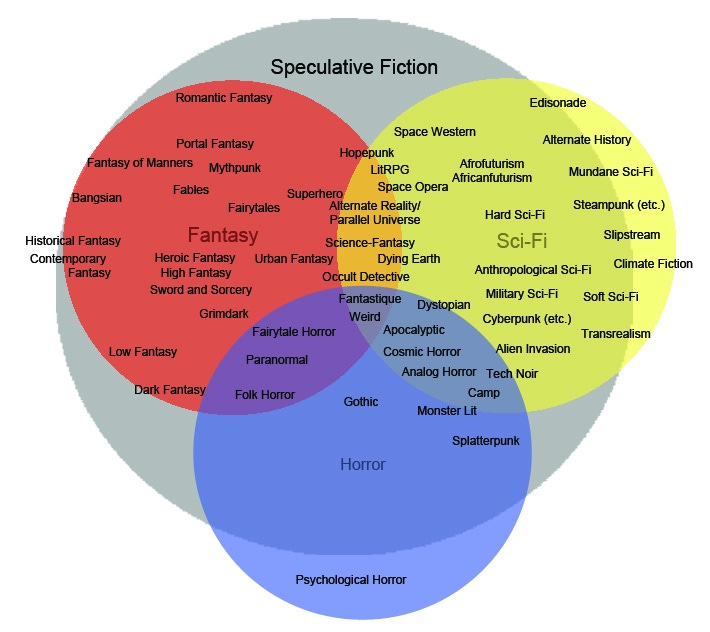
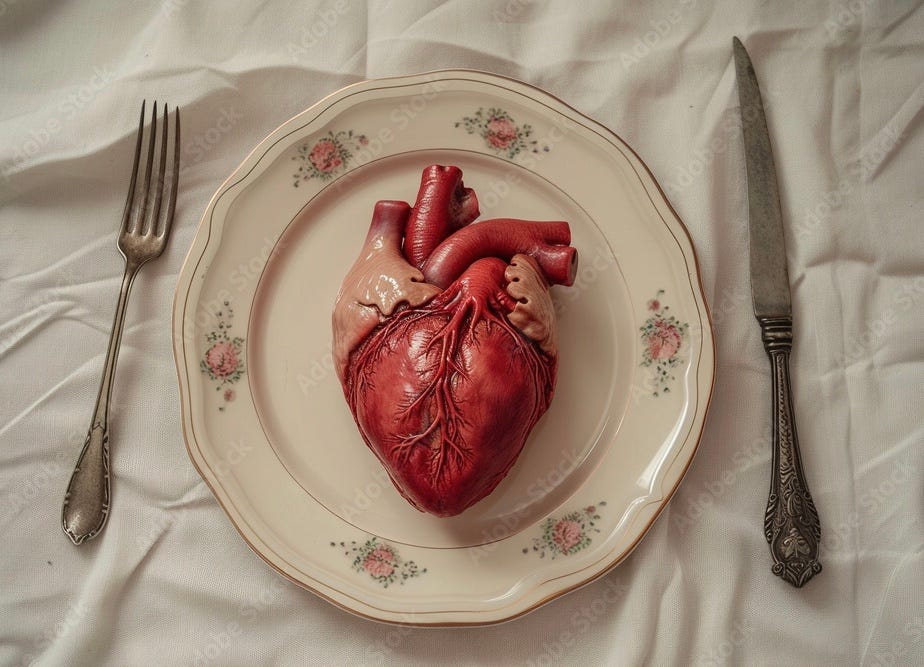

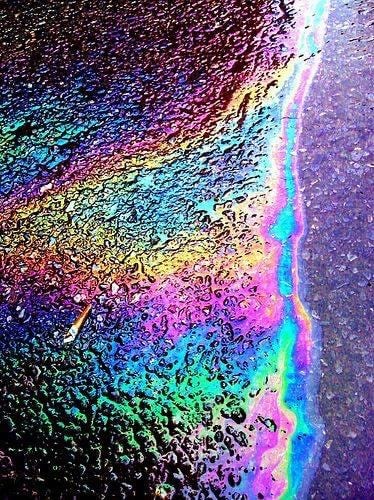
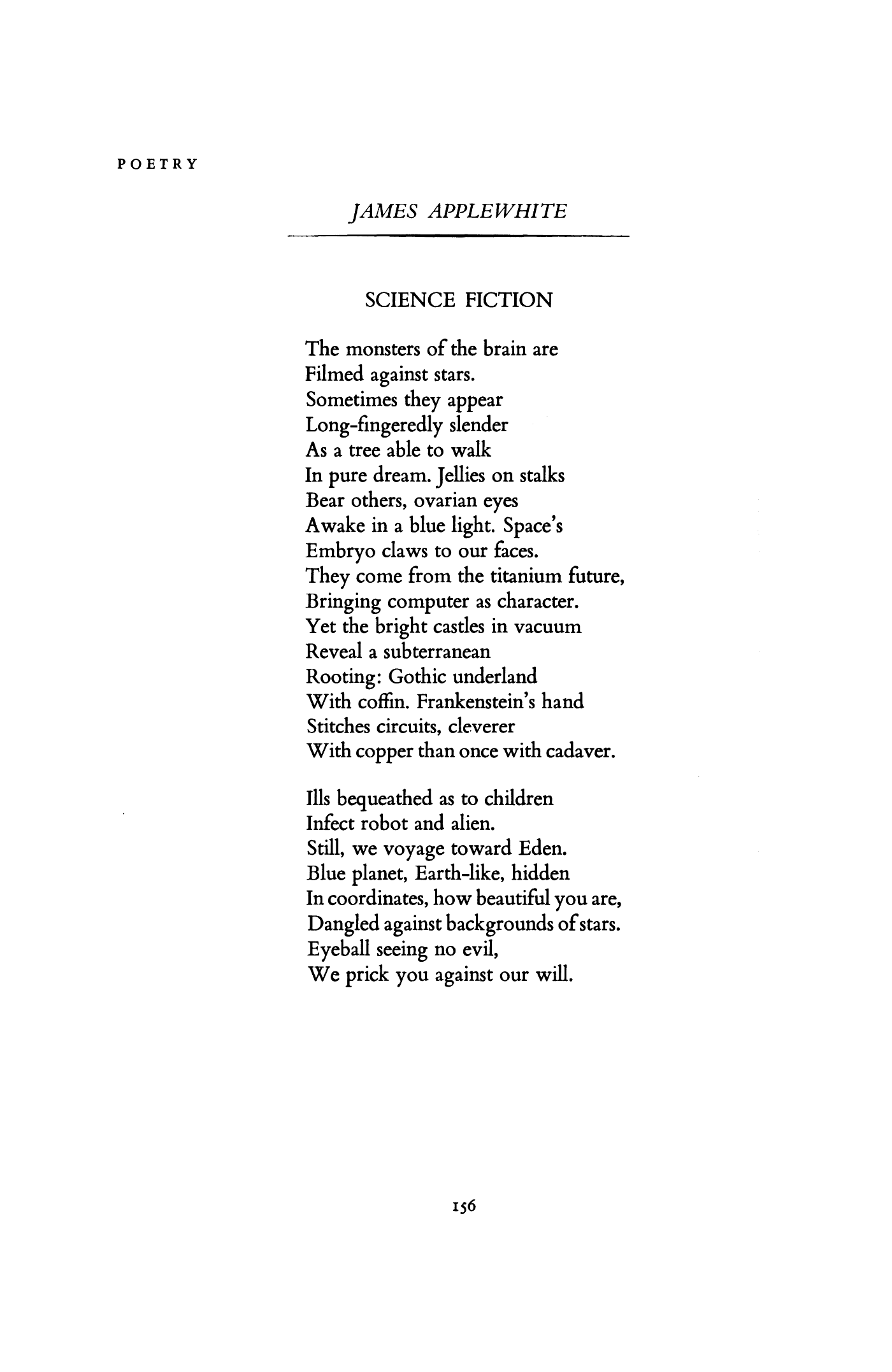
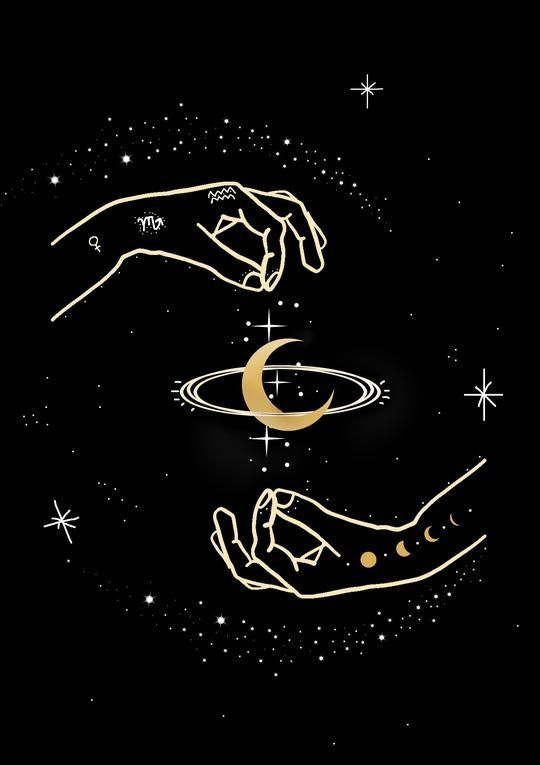
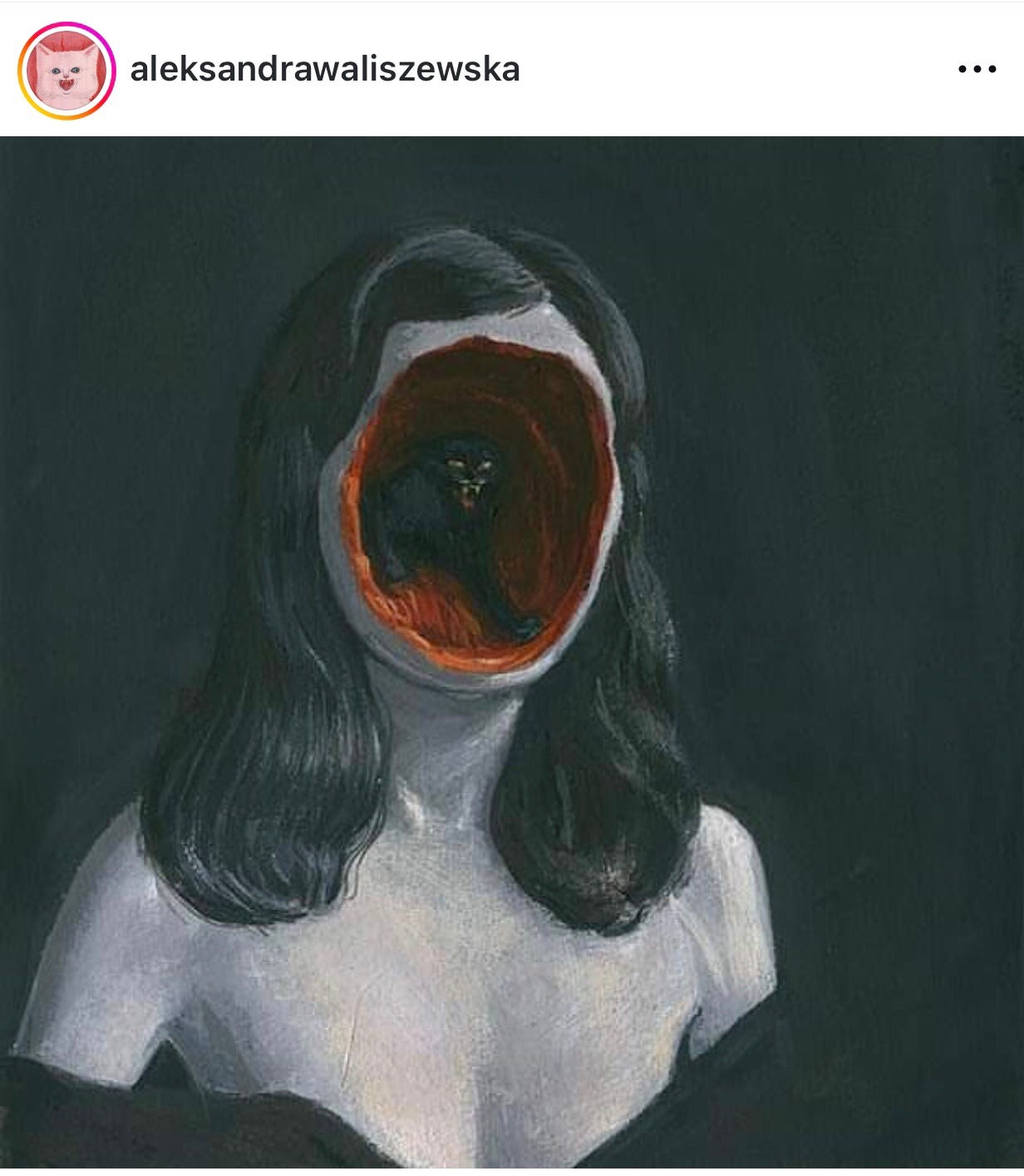
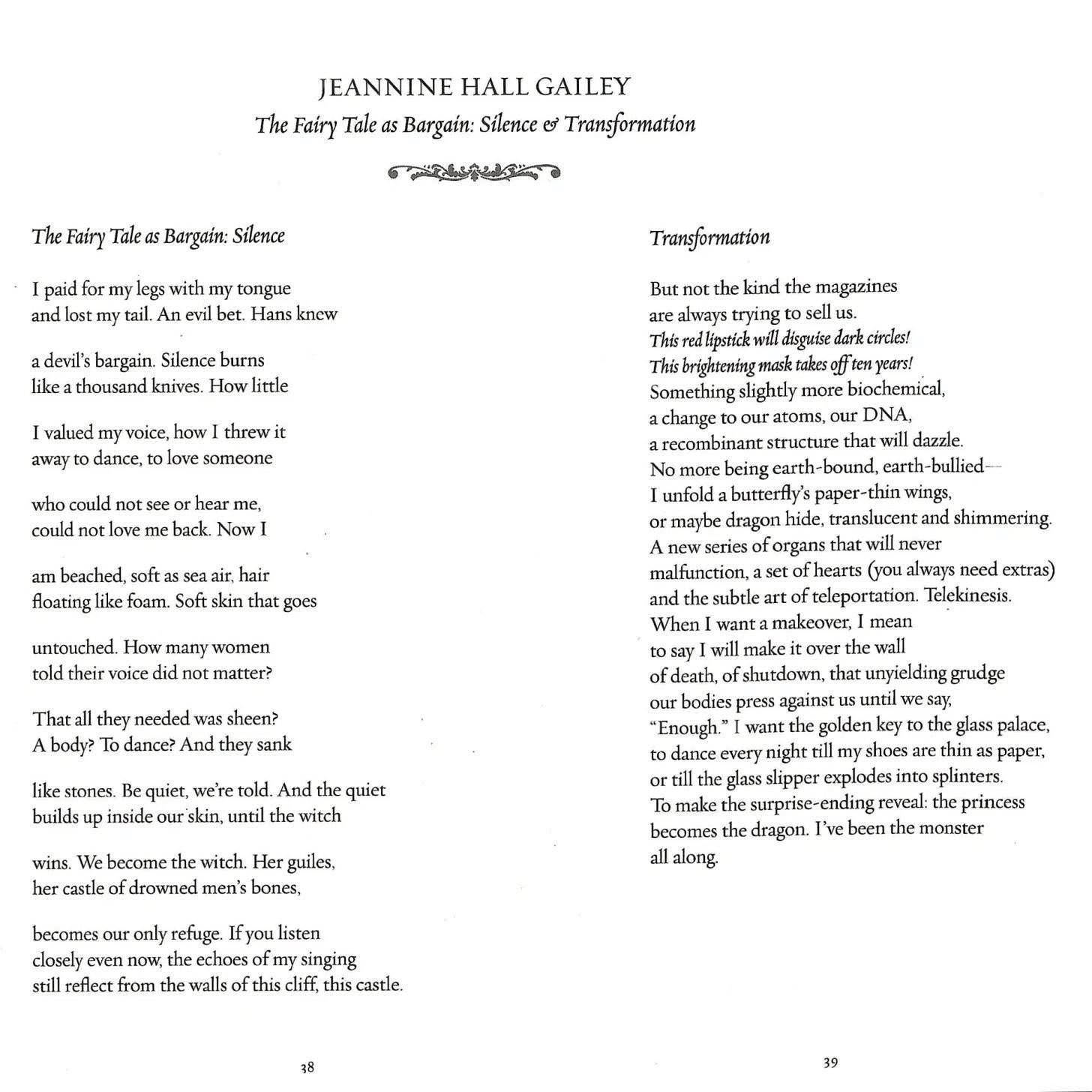

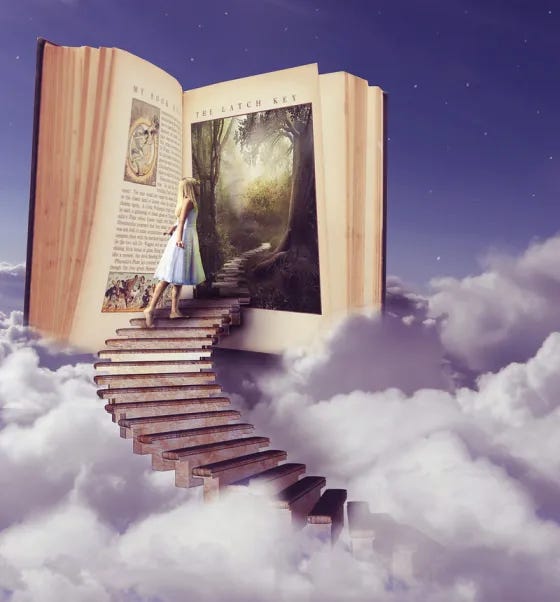

Well done, Pixie. Thanks for your spec-po essay. And now for some thunderous paint-flaking-from-the-ceiling applause.